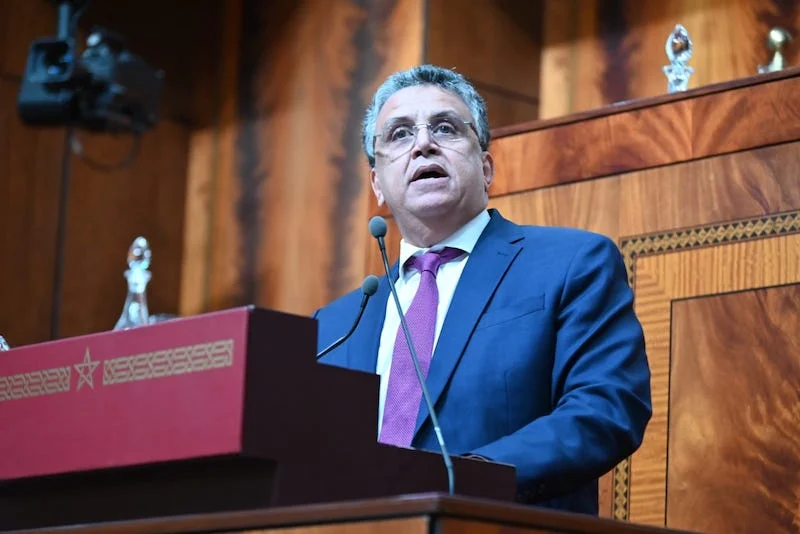Morocco to support UN resolution on death penalty moratorium in historic move

Morocco has announced its decision to vote in favor of a United Nations General Assembly resolution on a moratorium on the death penalty.
Justice Minister Abdellatif Wehbe described the decision as “historic” for the nation’s human rights advancements.
Speaking before the Moroccan House of Representatives, Wehbe emphasized that the move aligns with the country’s significant strides in human rights protection and the promotion of such values both nationally and internationally.
“This positive vote on the resolution reflects Morocco’s commitment not to enforce the death penalty during the resolution’s two-year period,” he stated.
He also highlighted that Morocco has effectively maintained a de facto moratorium on capital punishment, with no executions carried out since 1993.
International Commitments and Domestic Reality
Wehbe explained that the decision comes in response to recommendations from key UN human rights bodies, including the International Covenant on Civil and Political Rights Committee, the Committee Against Torture, and the Universal Periodic Review Mechanism.
However, he clarified that Morocco’s vote does not imply the automatic abolition of the death penalty from its legal framework.
“Some nations vote in favor of the resolution while retaining the death penalty in their legislation,” he noted.
Currently, 88 inmates in Moroccan prisons are under death sentences, including one woman.
Since 2020, 161 death sentences have been commuted to life imprisonment or fixed-term sentences, signaling a gradual shift in the country’s approach to capital punishment.
A Constitutional and Legal Milestone
Morocco is expected to officially express its position during the UN vote on December 15.
Observers view the decision as reflective of the nation’s evolving constitutional and legal frameworks, which increasingly embrace progressive human rights principles.
This move by Morocco underscores a broader regional trend toward rethinking the use of the death penalty, making it a significant milestone in the country’s judicial and human rights history.
About The Author
dailymailafric
I am an avid African news observer, and an active member of Daily Mail Africa.
I’m Passionate about staying informed on diverse topics across the continent,
I actively contribute to publishing on political, economic and cultural developments in Africa.



